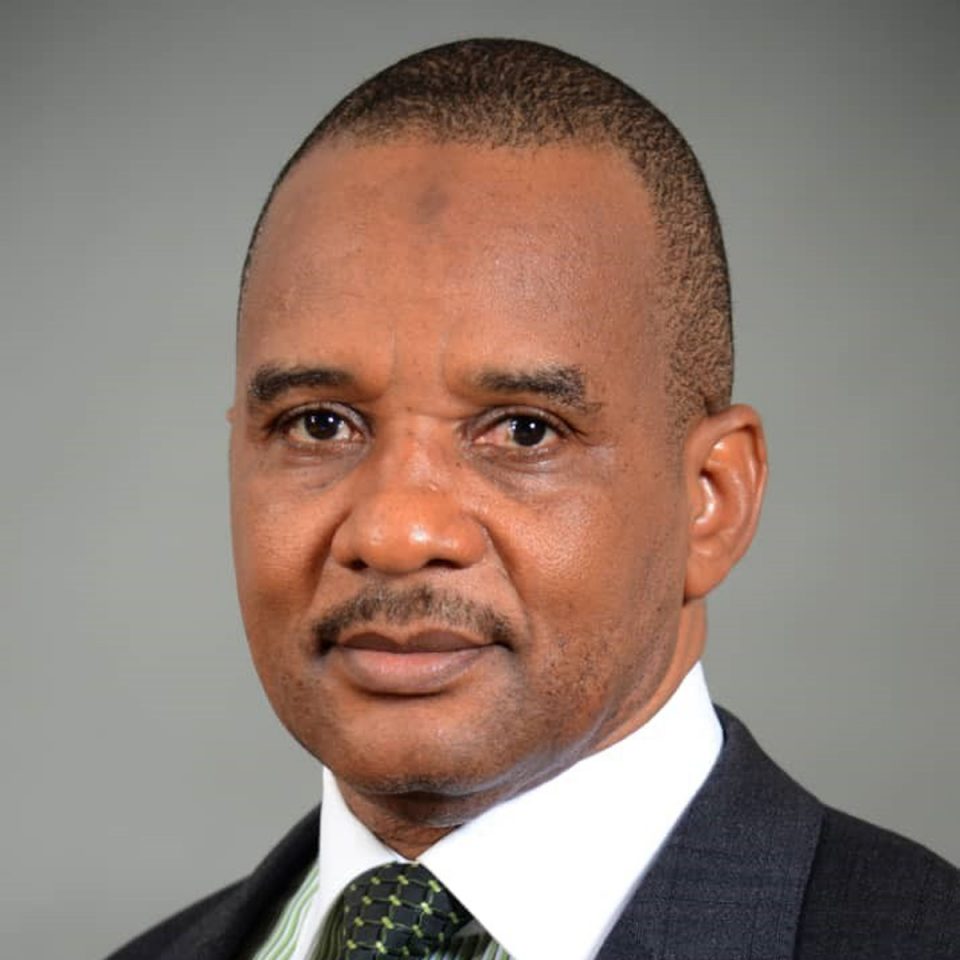Dr Bashir Jamoh, the Director-General, Nigerian Maritime Administration and Safety Agency (NIMASA), on Monday said that regional harmonisation of Port State Control (PSC) procedures was vital to enhance maritime safety growth.
Jamoh made the assertion while addressing chief executives of maritime administrations signatory to the Abuja MoU (Memorandum of Understanding) at the International Maritime Organisation (IMO) workshop.
The workshop was on PSC for West and Central African Region.
The IMO partnered the Abuja MoU to organise the regional workshop for heads of maritime administrations in Lagos.
Jamoh, who was represented by the Agency’s Executive Director, Operations, Mr Shehu Ahmed, identified the importance of effective PSC systems to the efficient running of member states’ maritime administrations.
PSC is an inspection regime for countries to inspect foreign-registered ships in port other than those of the flag state and take action against ships that are not in compliance.
According to him, PSC provisions are featured in the United Nations Convention on the Law of the Sea (UNCLOS) provision under the duties and responsibilities of flag states, coastal states and port states.
“It is also highlighted under enforcement in all major IMO and some International Labour Organisation (ILO) conventions.
“This function entails the enforcement of applicable conventions of the IMO and ILO that have been cascaded down to us as signatory states for domestication through our national laws.
“It will interest you to know that NIMASA executes four legal instruments in keeping with our international obligations: the Merchant Shipping Act; NIMASA Act; Cabotage Act and the most recent being the SPOMO Act for the suppression of piracy and other maritime offences,” he said.
Jamoh declared NIMASA’s unflinching commitment to Abuja MoU in it’s focus for reduction of substandard ships, curbing marine pollution and ensuring good working conditions of crew members onboard ships within member states waters.
He equally urged 22 member countries of the Abuja MoU to improve on their financial contributions to the organisation.
The Vice Chairman of Abuja MoU and Minister of Transportation, Mr Rotimi Amaechi, commended the organisers of the training/workshop for their commitment to developing the most critical resource – the human element.
Amaechi was represented by the Permanent Secretary, Federal Ministry of Transportation, Dr Magdalene Ajani.
The Secretary General of the Abuja MoU, Capt. Sunday Umoren, identified the need for continuous capacity building and networking initiatives to gain the support of top maritime administrations.
Umoren noted that this would promote productive working relationships which would in turn, benefit the maritime industries in all the member states.
Umoren said that only 14 countries are presently conducting inspections in the region, and called for a campaign for effective inspection regime with focus on Standards of Training, Certification and Watchkeeping (STCW).
He said detentions are not the best parameters to measure PSC efficiency.
The Abuja MoU is one of the nine Regional MoUs and one national MoU established pursuant to the IMO Resolution A.682(17) of 1991




